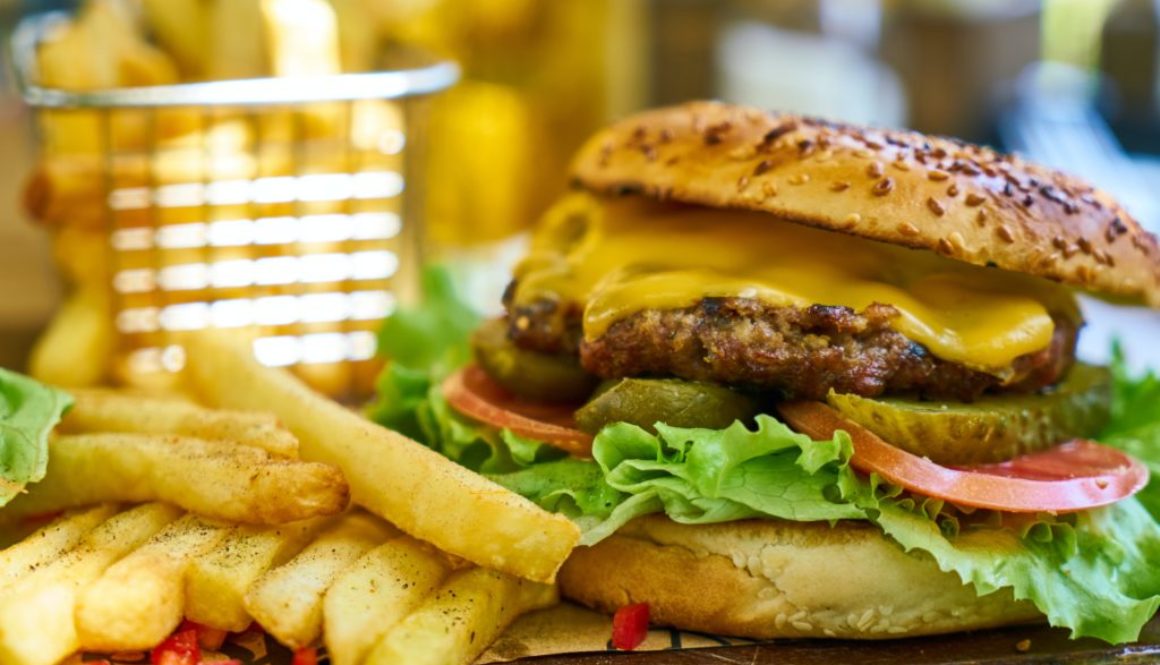What Does Insulin Have to Do with Cancer Recurrence?
Healthy diet and physical activity have been shown by evidence-based research to decrease risk of certain cancers. Studies also shows that these factors can affect cancer recurrence and survival, as researchers at the Dana-Farber Cancer Institute in Boston, MA found. More interestingly, as these researchers point out in their study on colon cancer recurrence and survival, insulin spikes occurring after a meal may be linked to greater cancer mortality.[1]
So, what does insulin have to do with cancer recurrence? We know that a carbohydrate-rich diet can induce hyperinsulinemia, an increase in insulin secretion into the blood. Foods with a high dietary glycemic load or glycemic index, meaning those that increase blood sugar more than other foods, have been linked to worse patient outcomes in those with stage III colorectal cancer. However, the glycemic load looks only at the increase in insulin secretions in response to carbohydrates only and does not consider the insulin spike associated with protein- and fat-rich foods. Protein and fats also stimulate the secretion of insulin into the blood and, as the researchers explain, protein and fats act in conjunction with carbohydrates. Therefore, it is important to look at the effect of protein and fats as well as carbohydrates, on insulin spikes.
The Food Insulin Index, in contrast with the Glycemic Index, measures the insulin spikes after consumption of whole meals or individual foods with carbohydrates, protein, and fats.[2] The researchers used this information to assess how insulin levels in the blood after meals affect cancer recurrence and survival in patients who have had a tumor resection after diagnosis with Stage III colorectal cancer.
The study utilized validated food frequency questionnaires to assess the diets of 1023 patients. Statistical methods involved multivariable-adjusted analyses and Cox proportional hazards regression to adjust for possible confounders such as age, sex, body mass index (BMI), physical activity, cereal fiber intake, alcohol intake, and invasiveness of the colorectal cancer.
The study found that higher insulin load (greater quantity of the foods measured) and higher insulin index were linked to increased risk of colorectal cancer recurrence and mortality. This association remained, even after adjusting for glycemic index, indicating that certain protein- and fat-rich foods may lead to insulin secretion and affect cancer outcomes.
In other words, we may need to look beyond carbohydrates for associations between diet, insulin levels, and cancer outcomes. After all, people typically eat meals and snacks throughout the day with a mixture of carbohydrates, protein, and fats – not carbohydrates alone, protein alone, or fats alone. The researchers considered this a strength in their study, since the consumption of mixed meals with more than purely carbohydrates are more realistic because carbohydrates, protein, and fats work together to stimulate the secretion of insulin.
Foods that result in a greater insulin index were determined by tables created by Dr. Brand Miller and other researchers in Sydney, Australia.[2,3] The reference food was white bread with a food insulin index (FII) score of 100. The tables compare equal weight portions (in grams) as well as portions of foods that provide equal numbers of calories. Among comparisons of foods of equal portions (in grams), some protein-rich foods such as beef, fish, eggs, and cheese were found to have a greater FII than carbohydrate-rich foods, such as refined wheat pasta or whole wheat pasta.
The colorectal cancer study found that an overall diet that greatly increases insulin levels in the blood is associated with poorer cancer outcomes – cancer recurrence or death – whether the patient was overweight or obese and regardless of the patient’s level of physical activity.
The researchers recognized the strict criteria and motivation needed to be enrolled in and participate in their study as a potential limitation. Nonetheless, they did not find statistically significant differences in the diet between their study participants and the diet of the general population.
This research shows us that dietary choices have a strong influence on colorectal cancer outcomes. From the Food Insulin Index tables and ongoing research, we must acknowledge the importance of our overall diet, not just certain foods alone. Equally important, we must acknowledge the importance of the types of carbohydrates and types of protein-rich or fat-rich foods we eat, and not try to eliminate entire nutrients – carbohydrates or fats, for example – from our diets.
Food Insulin Index Tables can be found on the Harvard T.H. Chan Public Health Nutrition File Download page, and in the studies by Bao, et al, [2] and Holt, et al.[3]
References
- Morales-Oyarvide V, Yuan C, Babic A, et al. Dietary Insulin Load and Cancer Recurrence and Survival in Patients with Stage III Colon Cancer: Findings From CALBG 89803 (Alliance). Journal of the National Cancer Institute. 2019, 1-9
- Bao J, de Jong V, Atkinson F, et al. Food insulin index: physiologic basis for predicting insulin demand evoked by composite meals. American Journal of Clinical Nutrition. 2009, 986-992
- Holt S, Brand Miller J, Petocz P. An insulin index of foods: the insulin demand generated by 1000-kJ portions of common foods. American Journal of Clinical Nutrition. 1997, 1264-1276
- Harvard T.H. Chan School of Public Health, Nutrition Department, File Download Page, found at https://regepi.bwh.harvard.edu/health
